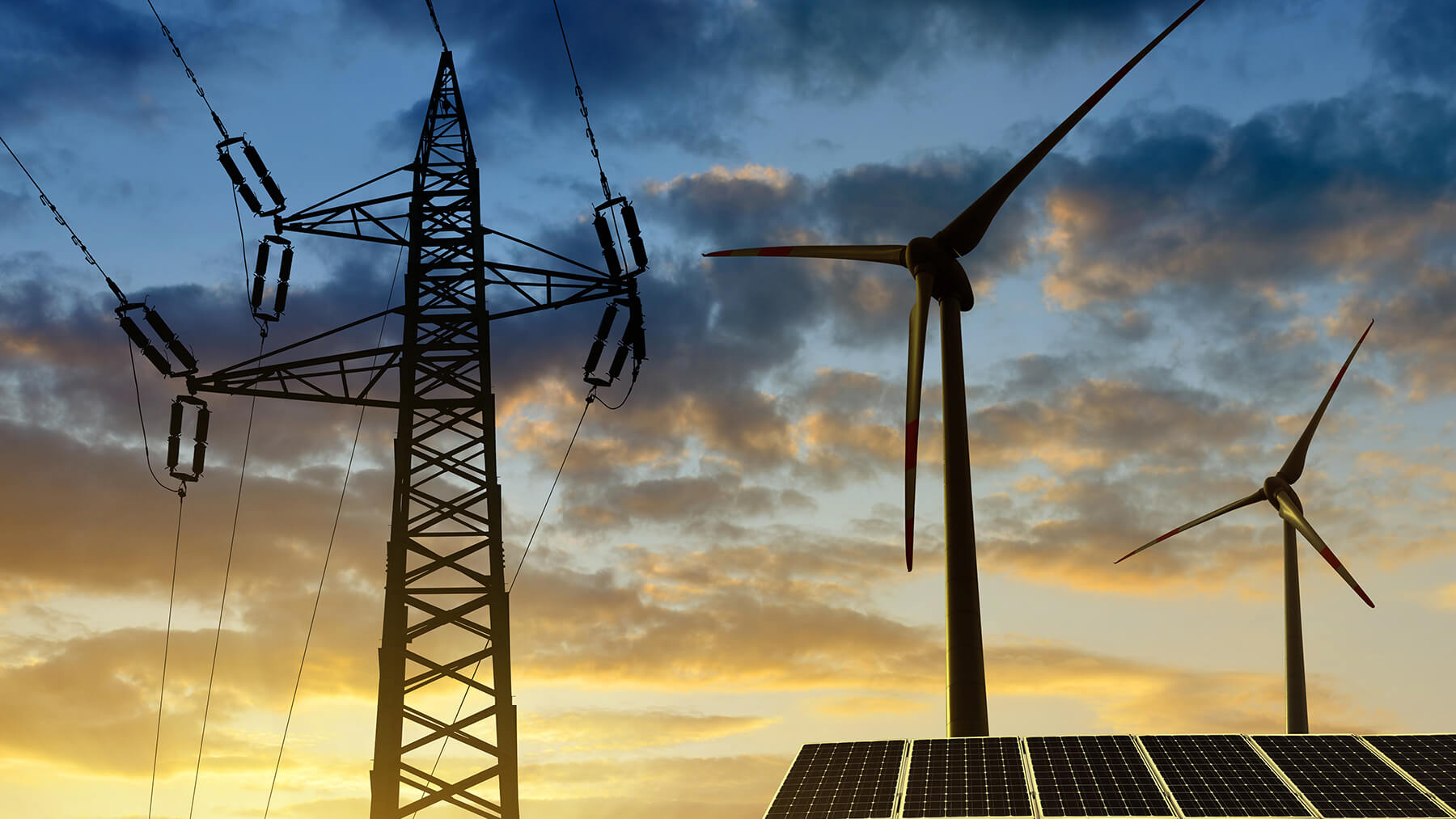
The world is on a ticking clock to save itself from a global catastrophe due to humanity’s thoughtless plundering over the last several hundred years. Corporations are in the crosshairs for routinely making unsustainable choices for greed. However, increasing public awareness and a rallying cry for more accountability are pushing them towards greener initiatives.
Apple has announced that over 110 of its manufacturing partners worldwide are moving towards 100 percent renewable energy to produce Apple devices as part of its sustainability efforts. This will see nearly eight gigawatts of planned clean energy come online. To put this in perspective, one gigawatt can power around 300,000 homes in real life. These commitments will also avoid over 15 million tonnes of carbon dioxide emissions annually, it added.
Apple has been committed to this shift to renewable energy, whether it was developing an onsite solar power project outside of Reno, Nevada, or constructing two of the world’s largest onshore wind turbines near the Danish town Esbjerg, a source of clean, renewable energy. Since 2015, when the historic climate change agreement was signed in Paris at the United Nations Climate Change Conference, Apple has been steadily investing billions in the renewable energy switch to support global efforts in carbon emissions reductions.
Furthermore, the company has continued funding new projects that support low carbon design and engineering, energy efficiency, renewable energy, and carbon mitigation. Last July, the company unveiled its plan to become carbon neutral across its entire business, manufacturing supply chain, and product life cycle by 2030. This new commitment means that by 2030, every Apple device sold will have a net-zero climate impact. A net-zero impact means that all man-made greenhouse gas emissions must be removed from the atmosphere through reduction measures, thus reducing the Earth’s net climate balance to zero.
One Down, Rest To Go
Evidently, all companies are not on the same page, with some still clinging to a more ancient, fossil-fuel-dependent way of generating revenue to avoid monetary risks that come with innovating for humanity’s benefit. For instance, ExxonMobil is going ahead with fracking projects across Colombia, despite warnings from environmentalists that it could cause damage to the environment and threaten communities.
The Earth may not have the time for CEOs and founders to have a change of heart and start caring about the inhabitants of the planet. Additionally, not all environmentally conscious practices may be profitable or support the bottom line while defending humanity’s chances at saving the planet. The trade-off is not between making money and losing it, but between short-term losses and a transition to a sustainable business in totality or a desolate future where business and money are frivolous concerns before the impending doom of the planet. It will take all of us, populations, corporations, and governments alike to weigh in with our actions for the balance of life as we know it to tip in our favor.


11 Comments